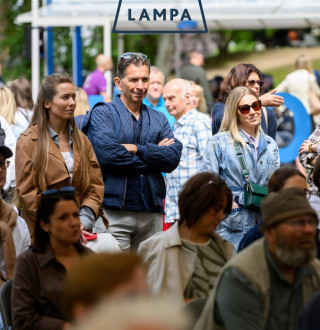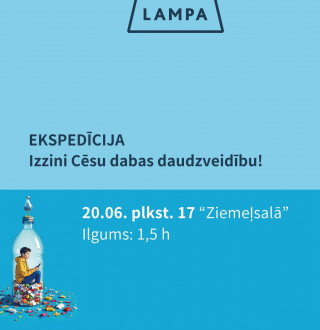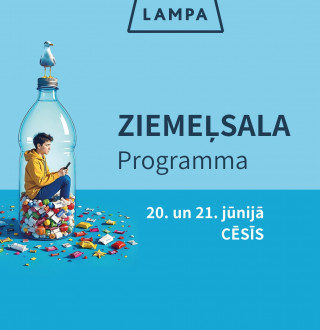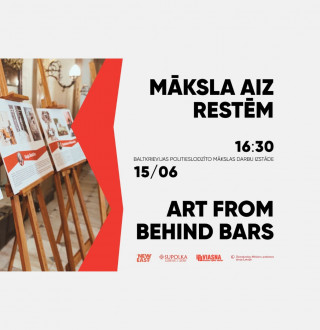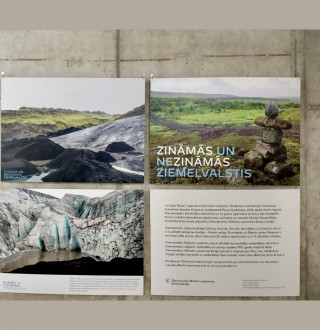On September 11th, a historic collaboration among four Nordic public service media companies DR, NRK, YLE and SVT took place in Copenhagen, Denmark, to discuss the Nordic response on Russia’s war in Ukraine. This was the first time a discussion on the security situation in the region among Nordic ministers (two foreign ministers, one defense minister and one minister for Nordic cooperation), NATO Secretary General Jens Stoltenberg and other Nordic experts was broadcast in this format.
The discussion focused on the unity among the Nordic countries facing the Russian aggression, supporting Ukraine, ensuring the safety of the Nordic countries and outlining diplomatic solutions. The debate covered important questions about the urgency of the Russian threat to the Nordic countries ultimately arriving at a clear conclusion: the danger is real, particularly in the form of hybrid operations. Examples of such operations in the Nordic countries include sabotage, GPS signal disruptions and violations of territorial boundaries. Taken together, these incidents represent a significant threat, especially since similar tactics preceded the outbreak of the war in Ukraine.
Charly Salonius-Pasternak, researcher security and defense policy at foreign political institute in Finland noted:
“It is no longer a question of if but when Nordic citizens will die if we do not do anything”.
Anders Adlercreutz, Finland’s Minister for Nordic cooperation, pointed out that while not every action requires a direct response, it is crucial to demonstrate to Russia that we are serious and will not tolerate such provocations. However, concerns remained that this approach could escalate tensions, depending on how the situation was handled. Therefore, it was essential to showcase our capabilities through actions such as Finland’s new law against hybrid threats and Sweden’s recently established agency for psychological defense.
To ensure our security, we must strengthen resistance, resilience and our ability to defend ourselves. Beyond defending ourselves, we are also obligated to defend other members under NATO’s Article 5, which calls for collective defense in the event of an attack. This raised the question of when the Article 5 should be invoked. Adlercreutz cautioned against hasty conclusions, but emphasized the importance of maintaining a strong alliance.
The Nordic alliance is stronger than ever, but it still relies heavily on the United States for protection. The U.S. accounts for two-thirds of NATO’s defense spending, and pressure for raising other NATO members´ share of costs is increasing.
Some argue that the Nordic nations should reduce their dependence on great powers and should shift their focus on national defense and deeper Nordic cooperation. Norwegian Foreign Minister Espen Barth Eide has stated that Nordic cooperation should complement NATO, not replace it. All Nordic countries, except Iceland, have signed Defense Cooperation Agreements (DCA) with the U.S., allowing for the presence of American troops and equipment on their soil.
Paradoxically, the Nordic countries seek the protection of the U.S. “nuclear umbrella”, but they have been reluctant to develop the necessary infrastructure. The Danish journalist Anna Libak pointed out that Ukraine might not have been invaded if it had retained its nuclear arsenal after gaining independence, emphasizing the role of nuclear weapons as a key deterrent. However, it's worth noting that just seven years ago, the Nobel Peace Prize was awarded to the nuclear disarmament campaign, which was supported by many Nordic politicians.
This raises the question of future peace solutions. Frida Stranne, a peace and conflict researcher, pointed out that most conflicts are eventually resolved through negotiations. She referred to Washington’s position, expressed since the fall of 2022, that diplomacy is the preferred long-term solution. NATO Secretary General Jens Stoltenberg shared this view, but also highlighted the importance of letting Ukraine decide when the time is right for negotiations. Until then, military support remained crucial.
“The support demonstrates our commitment to international law, which is equally important for the Nordic countries”, Stoltenberg noted.
The Nordic countries take pride in being among the largest donors to Ukraine, with high levels of support relative to their GDP. The Kiel Institute regularily tracks the level of support for Ukraine. Although figures are sometimes hard to compare and are not always updated, Denmark at the moment is registered as the most generour donour to Ukraine among Nordic countries. Norway faced criticism for not donating enough, and in response the Norwegian foreign minister stated:
“The most important thing is that we contribute in substantial, smart and coordinated manner.”
However, just one week after the debate, Norway announced its intention to increase the support to 15 billions NOK annually.
The debate further underscored the importance of Ukraine’s resilience. Both the foreign ministers of Norway and Denmark expressed their confidence in Ukraine’s eventual victory, with the Danish minister stating:
“This is a fateful moment, and we must step up. I am proud that the Nordic countries have stood with Ukraine from day one.”
Ultimately, the Nordic leaders discussed the long-term future of Ukraine, the need for Ukraine to join both NATO and the EU as a way to ensure lasting peace and prevent future conflicts.
Recording of the debate is available here:
Agenda – Agenda special: Nordens svar på Putins krig | SVT Play
Debatten: Sæson 2024 – Nordens svar på Putins krig | DRTV
Nordens svar på Putins krig | Yle Arenan
Debatten – NRK TV
